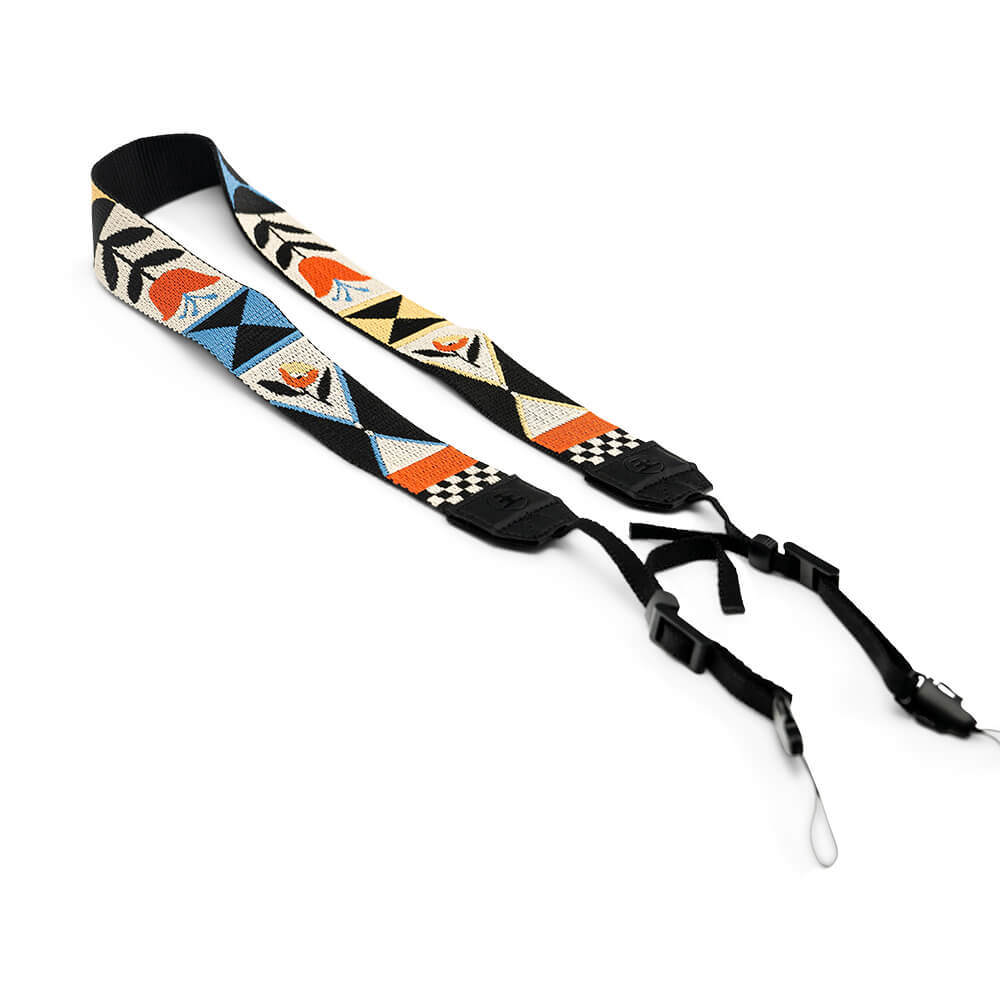Hello. My name is Jason Hall and I’ve been an avid birder for just about 20 years. For many of those years, I considered myself the “exception to the rule” as one of the only Black or Brown birders around.
It wasn’t until Black Birders Week in 2020, that I realized I was not alone. Not only were there others out there like me, there was a budding community specifically being built to buck the “rule” and open outdoor spaces to all.
In 2021 I founded the In Color Birding Club in Philadelphia to try and do my part to provide safe and accepting pathways into the outdoors. So far we have partnered with a few different organizations in the area to ensure we are all learning together and taking the best of our struggles to change the way things have always been.
Tell me more about your relationship with public lands. What do they mean to you?
Public lands are where I do all of my birding. I cannot imagine a place where folks don’t have an outlet to experience the world IN CONTEXT. A place where we can continue to understand our role (or at least what it should be) in this ecological system.

How important is mitigating climate change to your life?
I have two children and the last thing I want is to have them grow up in a world devoid of nature. Understanding nature in my opinion is a critical part of understanding humanity. Without that, I fear our descendants will never understand how special this planet is and ultimately never fulfill the true potential of the human race.
Can you tell us a bit about your passions beyond “work”?
Well, I don’t bird for a living. For a living I work in large molecule development and commercialization which includes vaccines. I spend most of my time at work managing various aspects of analytical laboratory spaces. Other than birding, I enjoy writing and spending time with my family.

How do you give back to your community or to the underserved?
In 2021, we started the In Color Birding Club which intends to open the world of birding, the outdoors, and conservation to various underserved black and brown communities. We intend to do this by not only offering birding (with Nocs of course), but also trying to impact other areas of the community that may need additional attention (e.g. food insecurity, educational opportunities, and local pollution initiatives).
A key ingredient to building a sustainable future?
Empathy - putting others before self would solve a lot.
A book that shaped your life?
The Greatest Show on Earth by Richard Dawkins

Who inspires you today?
Honestly, I’m inspired by other naturalists/birders/scientists/artists of color. I find that there is a collective push where we all try and push positive energy and education back out into our communities. Some days folks like Isaiah Scott or Corina Newsome pick me up, and I hope some days I pick up others.
Favorite artist currently?
Currently, I’m really digging expressive art like podcasts. Sam DeJarnett (@alwaysbebirdin) and Bringing Birds Back by BirdNote are my two faves.
Most sublime moment in nature?
On my 31st birthday, I was out visiting my grandmother in southeast Idaho. I woke up early to scope out breeding Sandhill Cranes in the livestock fields across from her homestead. I woke up before the sunrise and got out to a spot where I could get a good look. I wanted to get close but not too close, which required me to climb on my belly through cow pies and under the tall grass to get to a safe spot.
As I got settled with my camera, the cranes began to call and it echoed throughout the valley. Just then, the sun peeked from behind a cloudy sky to light up the valley. It was the first time in my life I broke down and sobbed out of sheer appreciation and joy.

Who taught you something significant?
My mother. From a very early age, she taught me to be empathetic to nature and the beings that needed help. We were always adopting dogs and saving possums and squirrels in Southern California. She taught me to do my part and let my heart lead.
How can the outdoor industry change?
The outdoor industry can continue equitable partnerships with folks of color for one. Second, those industries should be going into underserved communities to expose their products, experiences, and learnings to folks in those communities.
A lot of the outdoors is about learning and making the space accessible and comfortable for folks that have been historically excluded. Think of someone who’s never seen a northern cardinal sing through binoculars in their local park. Or a person who didn’t know that massive eagles and hawks migrate over their neighborhood twice a year.

Do you have a mantra?
I have a couple.
The more people you can show the bird, regardless if it’s common or rare, the better the bird.
Instead of collecting lists of birds, collect lists of people who you’ve brought to the joy of birding.
